‘Guns, Protests And Elections Do Not Mix’: Conflict Experts See Rising Warning Signs
Enlarge this image
Trump supporters and Trump protesters watch as the motorcade carrying President Donald Trump passes by on Sept.1 in Kenosha, Wis.
Scott Olson/Getty Images
hide caption
toggle caption
Scott Olson/Getty Images
National
As Pro-Trump Caravans Hit Roads Across U.S., Organizers Are Upbeat Despite Tensions
Live Updates: Protests For Racial Justice
Officials Identify Slain Portland Trump Supporter; President Threatens Intervention
‘What we fear’
Now Balian and the Carter Center are focusing on U.S. elections. The center is operating behind the scenes, working with local faith leaders in an effort to keep everyone calm.
«I never imagined that in this country I would worry about the same things that I was worried about when I lived in Lebanon, said Balian, who has worked in the Balkans, Eastern Europe and the former Soviet states.
Balian said he doesn’t want to sound like an alarmist but that some of the things he sees happening in this country are, frankly, alarming. «What we fear is that guns, protests and elections do not mix well, he said.
People on both sides of the political spectrum feel this rising tension, too.
«There’s a lot of anxiety. I think there’s some fear. I think there’s some anger, said Duncan, a Quaker from the Washington, D.C., area. «You know, how could this be happening?
Members of Duncan’s congregation have been preparing for the days after the election with a series of virtual training sessions on Zoom. They talk about the Quaker tradition of nonviolent resistance and how they might apply those principles to the current moment.
«When coups are defeated, they’re defeated very rapidly. And we’re talking about three days to a week, said Michael Levi, who ran one of the sessions last week. «So if there is going to be an attempted coup, we need a lot of people to act very quickly.
They’re also worried about a violent response from supporters of the president. President Trump has drawn a lot of criticism for telling his far-right supporters, some of whom have a track record of violence, to «stand by.
«There is always a touch of fear that goes with armed groups that could show up to try to intimidate people, said Kierstyn Zolfo, a volunteer with the progressive advocacy group Indivisible. Zolfo lives in Bucks County, Penn., outside Philadelphia, where she’s helping organize a demonstration for the day after the election, part of a nationwide effort called Protect The Results.
«It’s important to support the fact that everyone’s vote counts, Zolfo said. «We feel that that’s more important than letting fear rule our decisions.
Meanwhile, the Trump campaign has recruited an «army of citizen poll watchers, and the president often claims, without evidence, that mail-in ballots that have been widely used in this pandemic are rife with fraud.
There’s also widespread concern — particularly on the left — about the role self-styled militias could play after a teenager allegedly shot and killed two protesters in Kenosha, Wis., earlier this year, and after the FBI says it thwarted a plot in Michigan to kidnap Democratic Gov. Gretchen Whitmer.
But militia leaders interviewed for this story say that’s not what they’re about.
«We’re not going to just go start a fight. It’s not going to happen. I’m not going to go down to Chicago or Kenosha or Minneapolis or Washington, D.C., said Walt Madsen, the head of a group that calls itself the U.S. Northern Militia.
Enlarge this image
Downtown Portland experienced weeks of unrest this summer. The demonstrations began to honor the life of George Floyd and other black Americans killed by law enforcement.
Spencer Platt/Getty Images
hide caption
toggle caption
Spencer Platt/Getty Images
Downtown Portland experienced weeks of unrest this summer. The demonstrations began to honor the life of George Floyd and other black Americans killed by law enforcement.
Spencer Platt/Getty Images
Possibility for unrest is strong
Madsen said he’s been talking to a lot of other militia leaders, and many of them feel like he does.
«If Joe Biden does win the election. I’m not going to sit there and scream, ‘He’s not my president.’ OK? said Madsen, an Iraq War veteran who’s now a county supervisor in northern Wisconsin.
«I’m not going to go and take my militia and threaten the lives of other Americans, he said.
In fact, some militia leaders say they are afraid of the protesters — on the left.
«No matter what way the election goes, there’s going to be people dissatisfied with the result, and the possibility for unrest is quite strong, said Michael Lackomar, a team leader with the Southeast Michigan Volunteer Militia.
Lackomar said members of his group are preparing to protect their communities if there’s rioting or violent unrest, like the protests earlier this year in Seattle and Portland.
«If you’re coming at my house and my family’s there, I’m going to do everything in my power and every tool in my box to make sure that my family is safe, Lackomar said.
Police departments and the National Guard say they’re preparing for tensions and the possibility of violence in the days or weeks ahead.
Global conflict experts say it’s not inevitable that the election or its aftermath will devolve into chaos. But they say it’s crucial for political leaders on all sides to de-escalate tensions in case there’s a long contested election.
«Probably the biggest issue is the president of the United States right now, who has portrayed himself as somebody who, you know, is not necessarily interested in calming the waters, said Stephen Pomper, senior director for policy at the International Crisis Group. He added that Trump «might actually court unrest in order to serve his political and personal goals.
Still, Balian at the Carter Center hopes it won’t come to that.
«We have become intolerant, we have started dehumanizing the other side, Balian said. «We are at the edge of an abyss, and we better see this and try to step back before it is too late.
- quaker
- 2000 presidential election
Обсудим?
Смотрите также:

